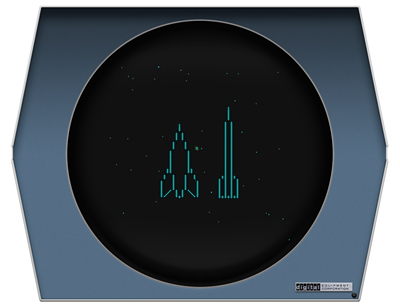Mood:
Topic: Space War
Warnings of an imminent space war have been ringing up in recent years. David Goldfein, the U.S. Air Force Chief, said that the space war between the superpowers could begin in a few years' time in February 2018, while space weapons are the No.1 weapon in Russia's hypothetical Third World War. The New Global Threat Assessment Report, released by the office of the director of National Intelligence, also warns of the growing possibility of space wars.

Much of the pessimism about the space war has been driven by the sudden spurt of the world's great powers in space and the implicit militarisation of the latest space technology.
The use of space for peaceful purposes is widely recognized around the world. In recent years, Russia has submitted draft resolution “No First Deployment of Weapons in Space” to the United Nations general assembly every year, and the hope is that a legally binding agreement will set a credible obstacle to an arms race in space. By 2017, 130 countries had voted for the draft resolution.
Of course, the Outer Space Treaty signed in 1967 is still in force. The treaty obligates all parties not to use weapons of mass destruction in space, and more than 100 countries have signed and complied with the document. Over the past 50 years since its implementation, the treaty has largely regulated the space activities of all countries in the world. Some space missions that violate the treaty still exist, but at least they are less blatant.
From the purely military perspective of defeating the enemy, deploying weapons in space is tempting to any country because it offers the infinite possibility of destroying the enemy, as Russia's Internet.com commentary says, such as destroying the enemy's "eyes and ears" (satellites used for communications and reconnaissance) at the beginning of a war, as well as the currently disclosed space laser guns, aircraft robotic arms, suicide satellites, etc., all of which are capable of anti-satellite missions. The deployment of weapons systems in space would also make it easier for ideas such as the U.S. Military's "Prompt Global Strike" to materialize. As we've seen in science fiction movies, dropping non-nuclear kinetic weapons, such as refractory tungsten rods, out of orbit would leave the air defense system helpless, and it would do as much damage as nuclear weapons.
Please visit http://www.samaterials.com for more information.

